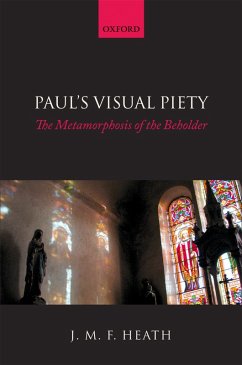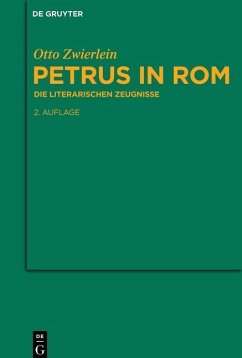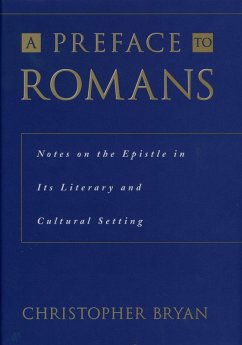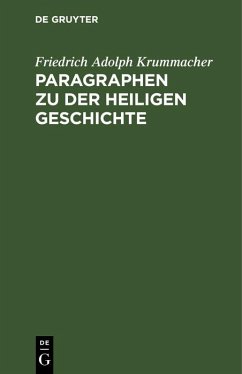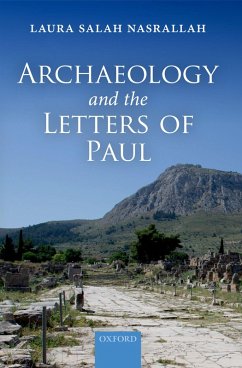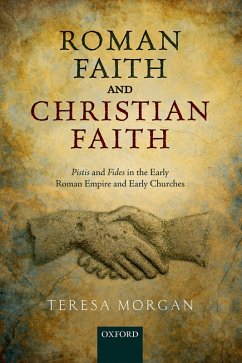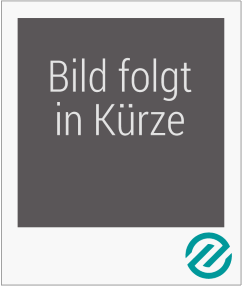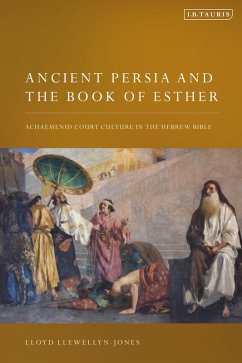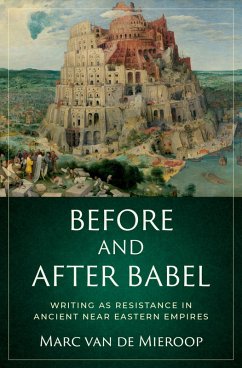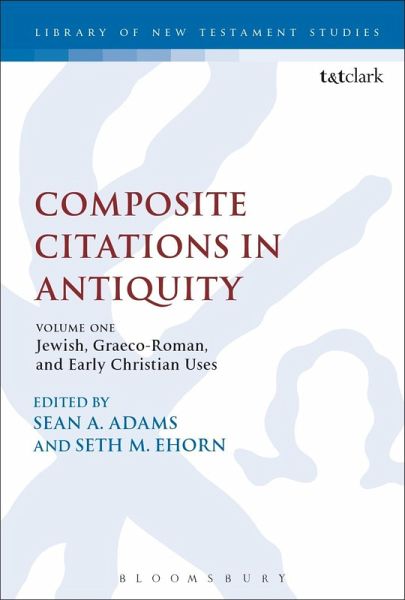
Composite Citations in Antiquity (eBook, PDF)
Volume One: Jewish, Graeco-Roman, and Early Christian Uses
Redaktion: Adams, Sean A.; Ehorn, Seth M.

PAYBACK Punkte
15 °P sammeln!
Sean A. Adams and Seth M. Ehorn have drawn together an exciting range of contributors to evaluate the use of composite citations in Early Jewish, Greco-Roman, and Early Christian authors (up through Justin Martyr). The goal is to identify and describe the existence of this phenomenon in both Greco-Roman and Jewish literature. The introductory essay will help to provide some definitional parameters, although the study as a whole will seek to weigh in on this question. The contributors seek to address specific issues, such as whether the quoting author created the composite text or found it alre...
Sean A. Adams and Seth M. Ehorn have drawn together an exciting range of contributors to evaluate the use of composite citations in Early Jewish, Greco-Roman, and Early Christian authors (up through Justin Martyr). The goal is to identify and describe the existence of this phenomenon in both Greco-Roman and Jewish literature. The introductory essay will help to provide some definitional parameters, although the study as a whole will seek to weigh in on this question. The contributors seek to address specific issues, such as whether the quoting author created the composite text or found it already constructed as such. The essays also cover an exploration of the rhetorical and/or literary impact of the quotation in its present textual location, and the question of whether the intended audiences would have recognised and 'reverse engineered' the composite citation and as a result engage with the original context of each of the component parts. In addition to the specific studies, Professor Christopher Stanley provides a summary reflection on all of the essays in the volume along with some implications for New Testament studies.




